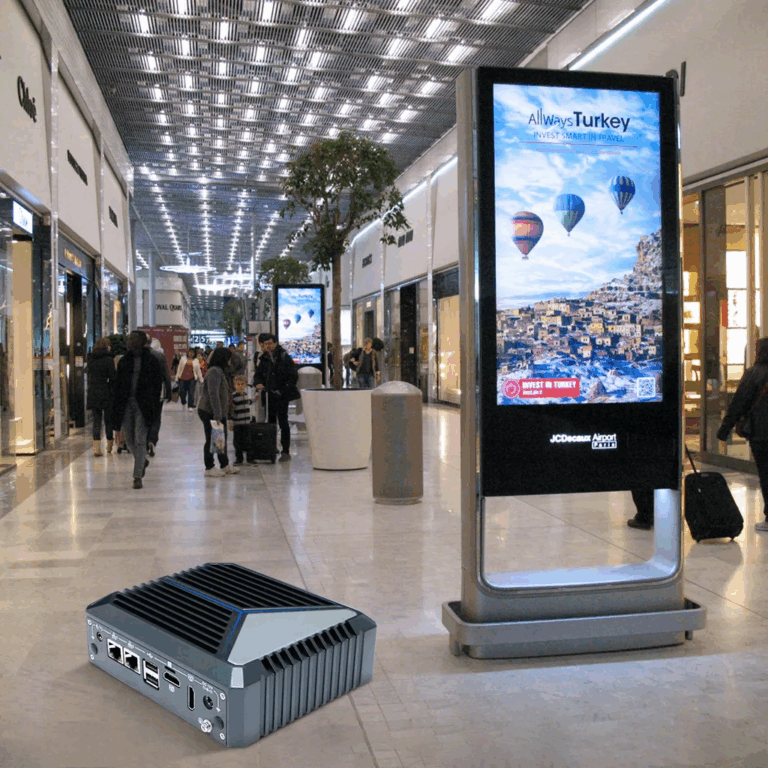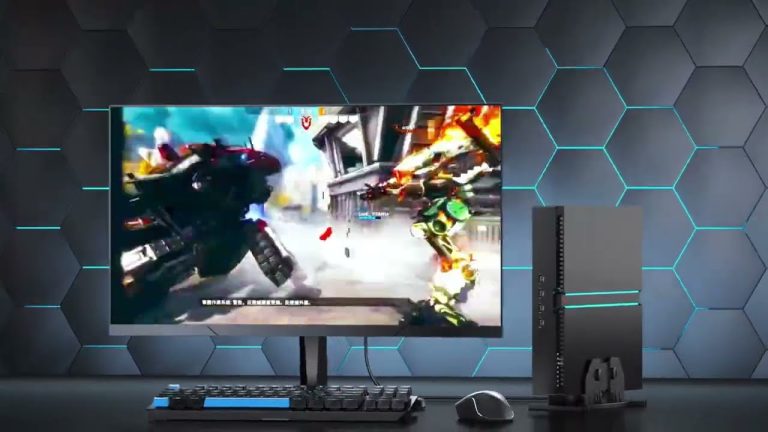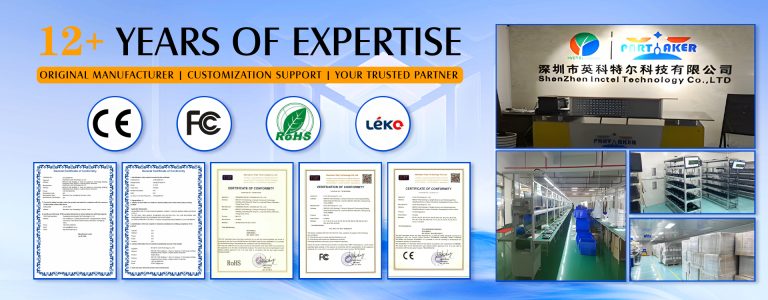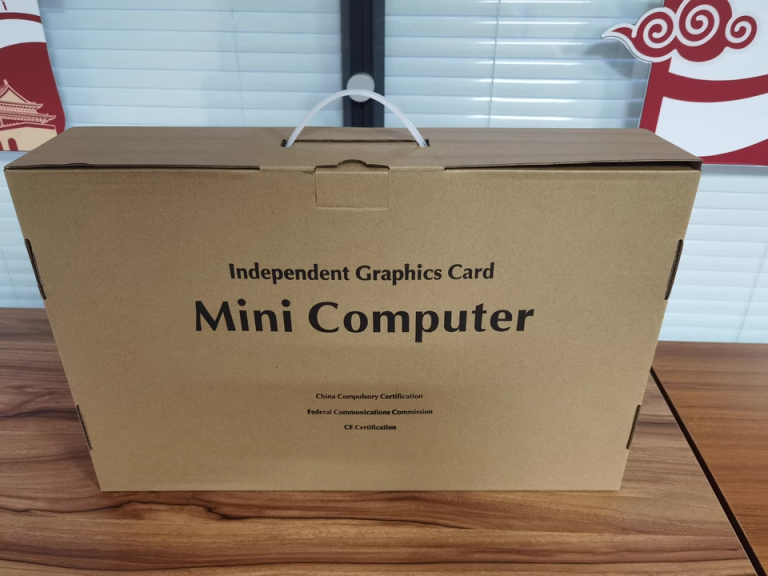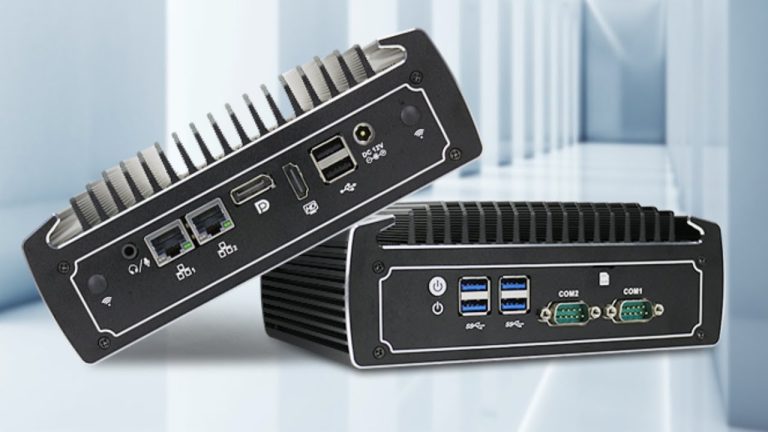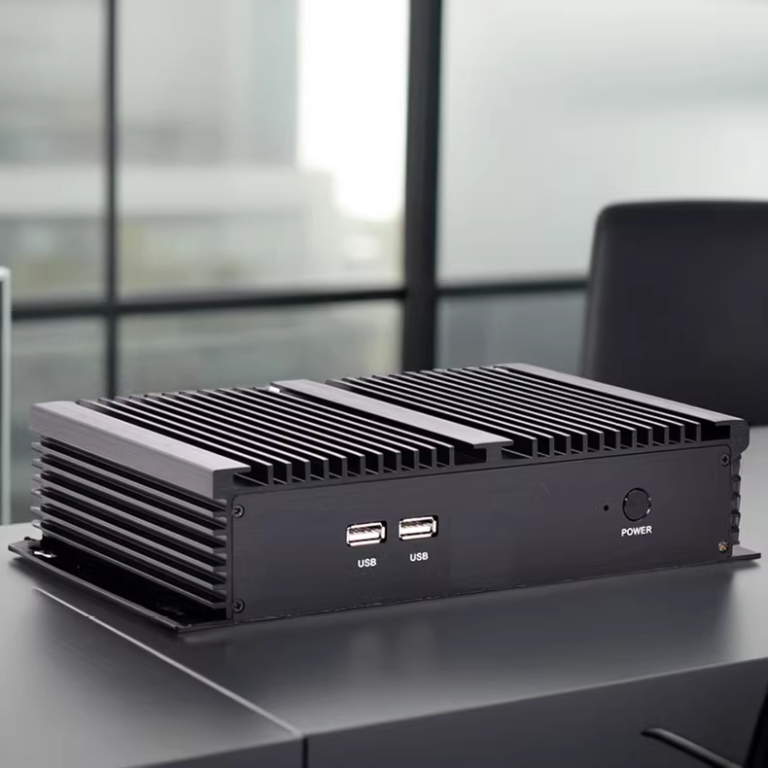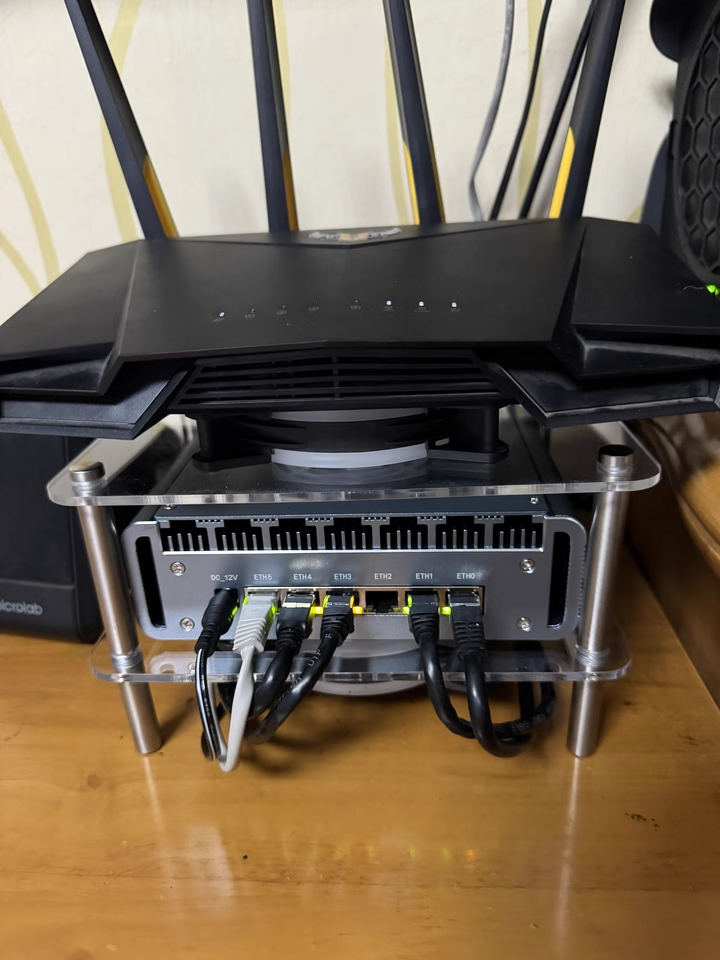The average lifespan of a mini PC typically ranges from 3 to 7 years. This typical lifespan range can vary significantly based on factors like build quality, usage patterns, the operating environment , etc., all of which will be detailed in the following section. Also, we provide maintenance tips for the well protection of your mini PCs.
Factors that Influence the lifespan of a Mini PC
Build Quality and Components
High-quality components and robust construction are crucial for the durability of mini PCs. Brands with a reputation for quality often use better materials and more reliable hardware, which can endure the rigors of daily use much longer. For instance, solid-state drives (SSDs) have no moving parts and are less likely to fail compared to traditional hard disk drives (HDDs), thus potentially extending the lifespan of the device.
Usage Patterns
The type of activities performed on your mini PC greatly affects its lifespan. Intensive tasks like gaming, graphic design, or video editing place greater stress on the system’s components, particularly the CPU, GPU, and cooling systems, compared to lighter tasks such as web browsing or document editing. Regular intense use can accelerate wear and tear, thereby shortening the device’s operational life.
Environmental Conditions
The environment in which the mini PC operates plays a significant role in its longevity. High temperatures, high humidity, and excessive dust can all adversely affect the internal components. Keeping the device in a cool, dry, and clean space can help prolong its life.
How to Maintain Your Mini PC

Maintaining a mini PC properly involves a series of practices that ensure optimal performance and longevity.
Regular Cleaning
Regular cleaning is vital as dust accumulation can obstruct airflow and impede cooling, increasing the risk of overheating. Using compressed air to blow dust out of vents, fans, and internal components is highly recommended. This should be done periodically, depending on the environment’s dust levels, to maintain effective cooling and system efficiency.
Software and System Updates
Keeping software up-to-date is crucial for the security and functionality of your mini PC. Updates often contain important security patches and performance improvements that can prevent potential issues. It’s advisable to regularly check for and install updates for your operating system and all installed software, and to enable automatic updates to ensure critical patches are never missed.
Physical Environment
The placement of your mini PC significantly affects its cooling efficiency and overall longevity. It should be placed in a well-ventilated area, away from tight enclosures or heat sources such as radiators or direct sunlight. This setup helps prevent overheating, which can lead to hardware malfunctions and reduced lifespan.
Hardware Checkups
Periodic hardware checkups are essential for catching early signs of wear or failure, which can prevent more significant issues down the line. Listen for unusual sounds like clicking or grinding from the hard drive or buzzing from the fans, which might indicate a failing component. Regular visual inspections for any signs of damage or unusual wear are also recommended.
Temperature Monitoring
Monitoring the temperature of your mini PC’s critical components is crucial as high operating temperatures can significantly shorten the lifespan of electronic components. Utilizing software tools to monitor temperatures can help identify any anomalies. If temperatures are consistently high, improving cooling solutions or servicing the device may be necessary.
Proper Shutdowns
Properly shutting down the mini PC helps prevent data corruption and reduces wear on the hardware. Avoid using the power button to turn off the mini PC unless necessary. Instead, utilize the operating system’s shutdown procedure to allow the computer to close active processes and save data correctly before powering down.
Final Words
To ensure a long life for your mini PC, focus on quality components, moderate use, and consistent maintenance. Proper care can extend its usability significantly.



